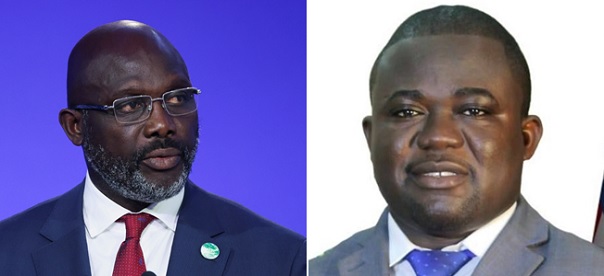MONROVIA, LIBERIA – President George Weah’s nomination of Cllr. Musa F. Dean as Associate Justice of the Supreme Court of Liberia has sparked controversy and speculation about the motives behind the decision. Atty. Teklo Maxwell Grigsby II has weighed in on the matter, asserting that the nomination is not in violation of the constitution, but rather a strategic move to ensure protection against potential legal action in the future.
Atty. Grigsby, former Chairperson of the Liberia National Commission on Small Arms (LiNCSA) in the outgoing Weah administration points out that President Weah’s nomination of Cllr. Dean is a preemptive measure to guard against any potential witch-hunt during future corruption cases, particularly in relation to the pending audit of the Weah administration. Grigsby argues that the appointment is a strategic political action intended to secure favorable treatment for the outgoing administration once President Weah’s term ends in 2024.
However, the timing and implications of Cllr. Dean’s nomination has raised concerns among political observers. President-elect Amb. Joseph Nyuma Boakai has vowed to hold the outgoing administration accountable through audits and legal action. This has led to calls for strategic collaboration among opposition parties to delay the confirmation of Cllr. Dean until President-elect Boakai assumes office in January 2024.
Grigsby outlines the constitutional process for confirming an Associate Justice, emphasizing the role of the Liberian Senate in the appointment. He suggests that if the Unity Party Alliance succeeds in delaying Cllr. Dean’s confirmation, President-elect Boakai should consider withdrawing the nomination and consulting with relevant institutions for a suitable candidate.
The controversy surrounding Cllr. Dean’s nomination underscores the political tensions and maneuvering within Liberia’s legal and judicial system. As the country grapples with the transition of power, the appointment of an Associate Justice has become a focal point for debate and speculation. It remains to be seen how the nomination process will unfold and what implications it may have for the future of the Supreme Court and the rule of law in Liberia.








